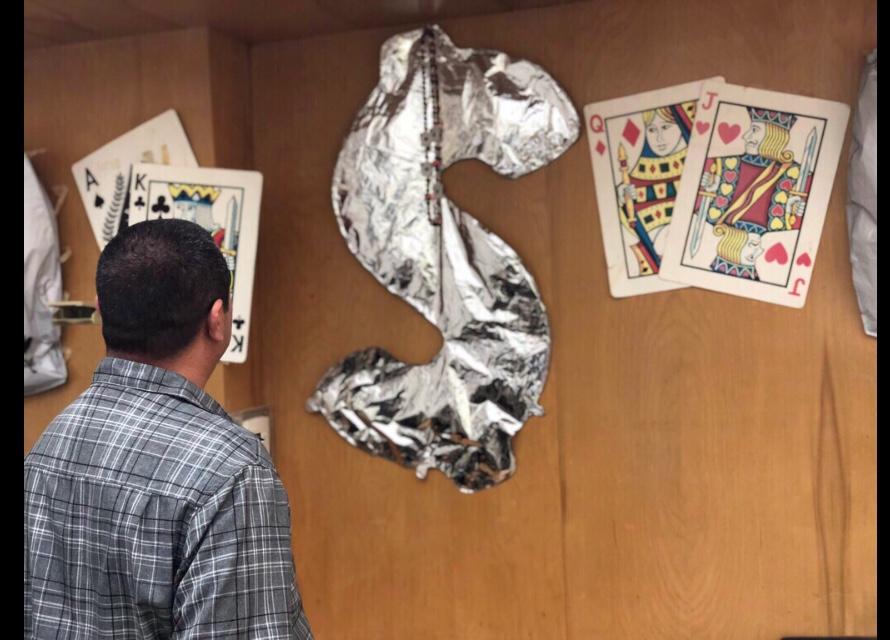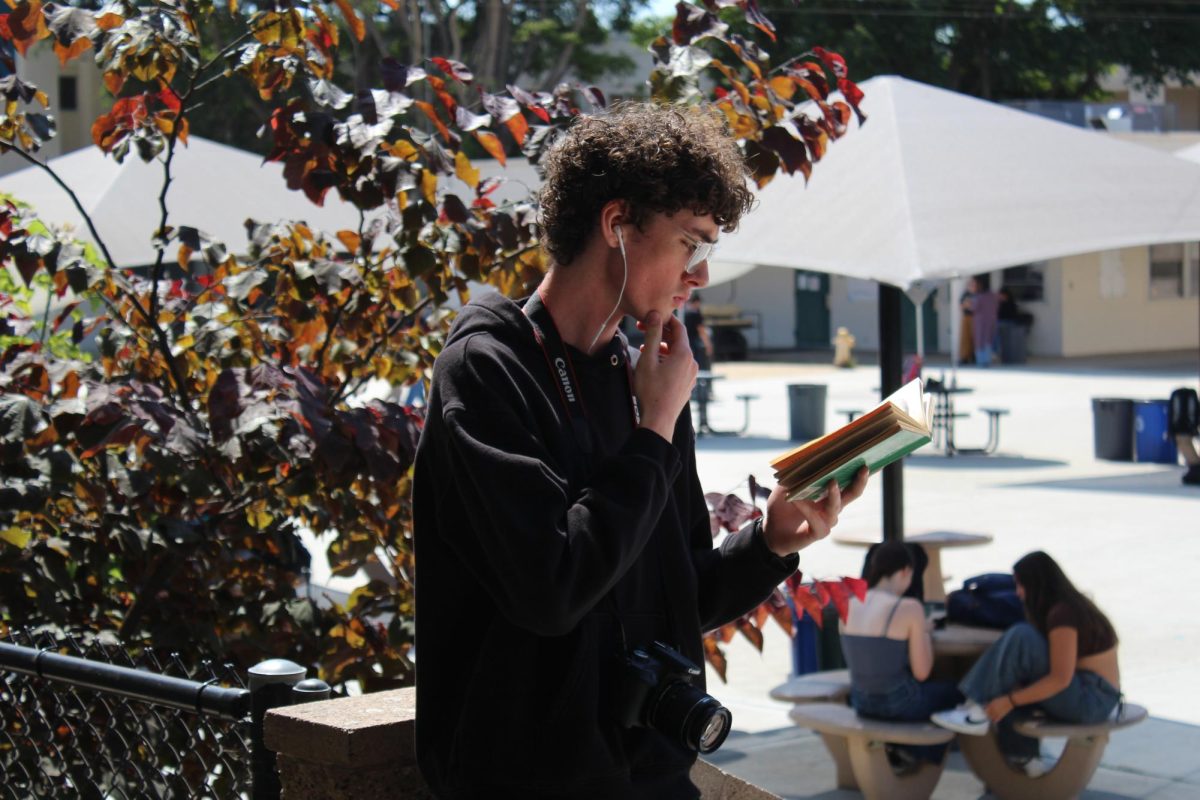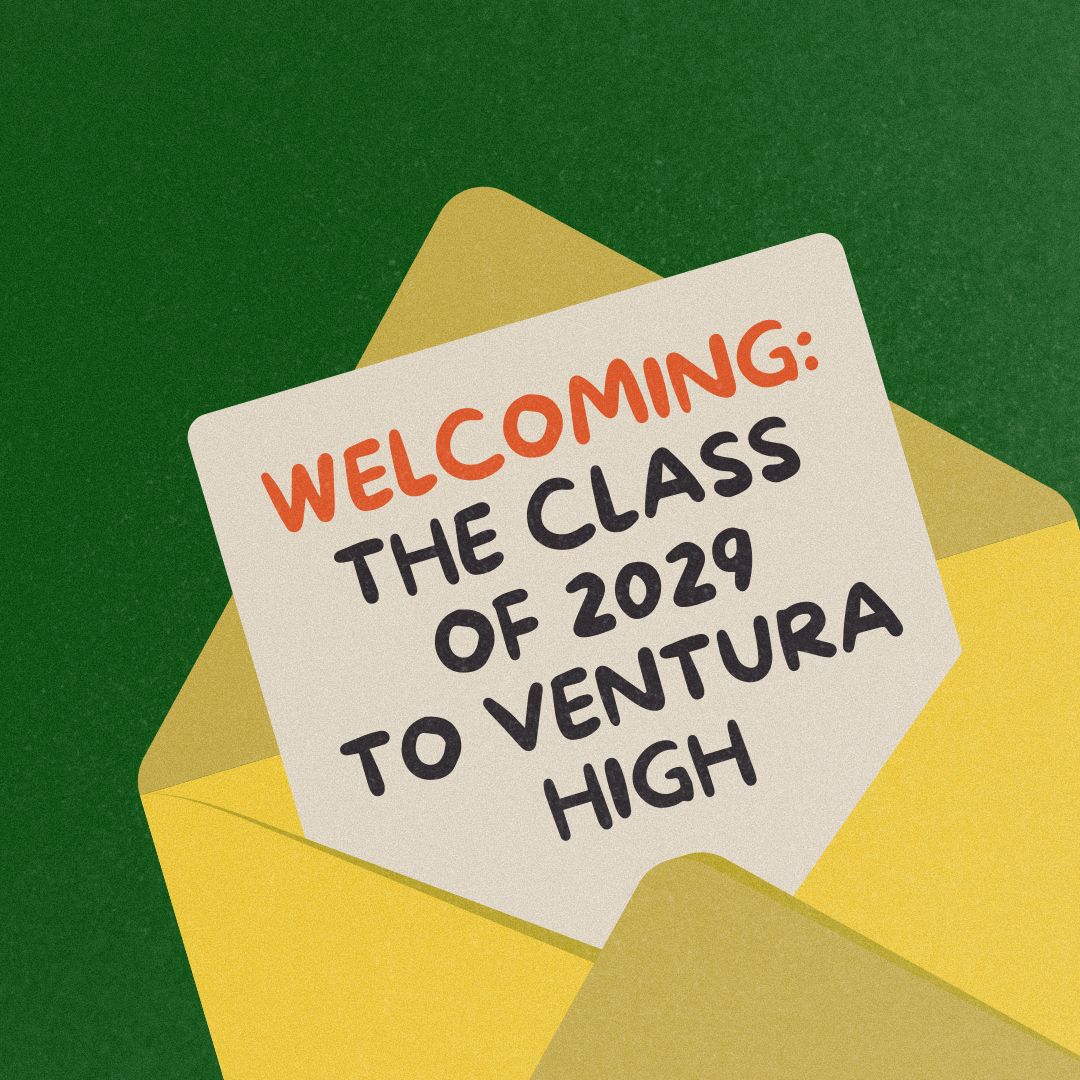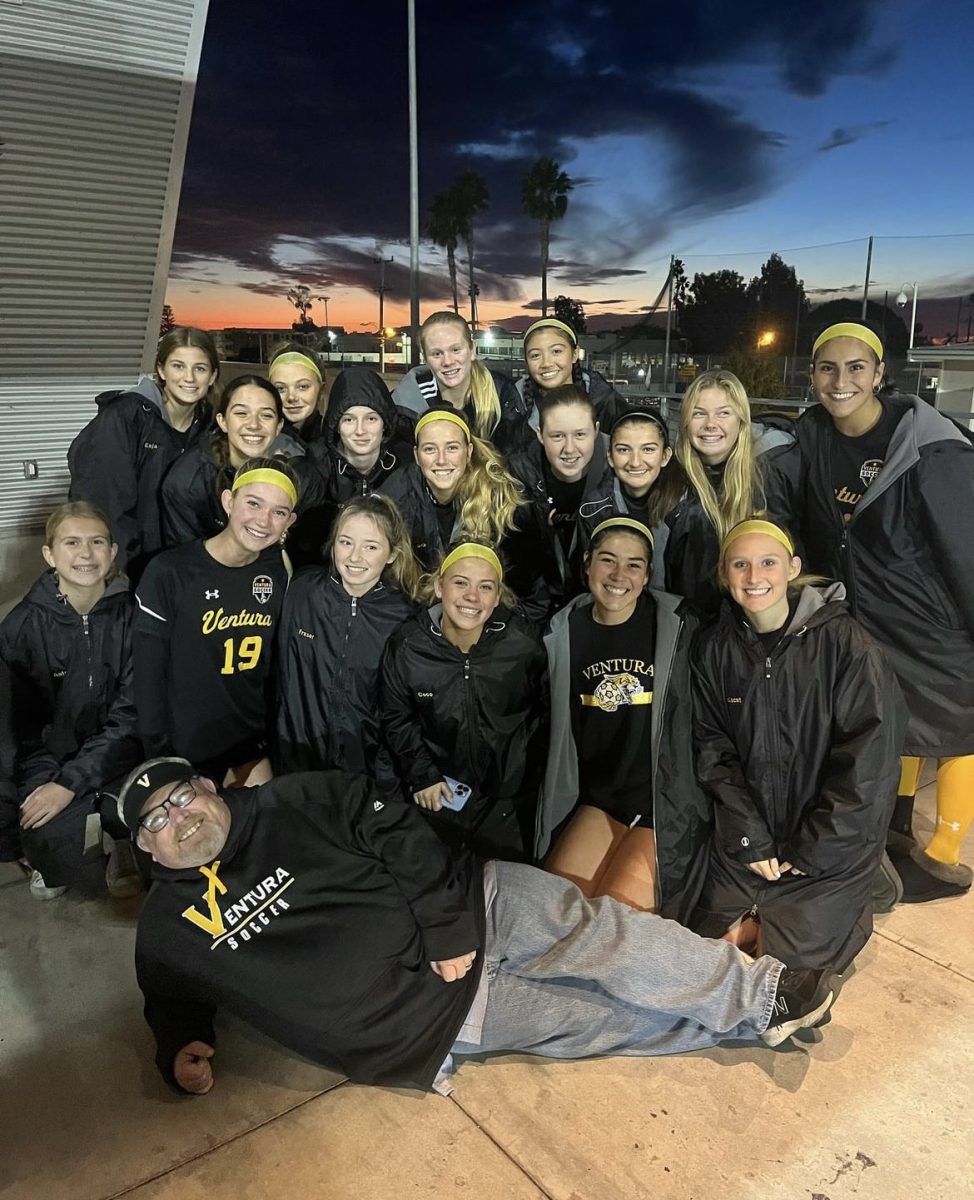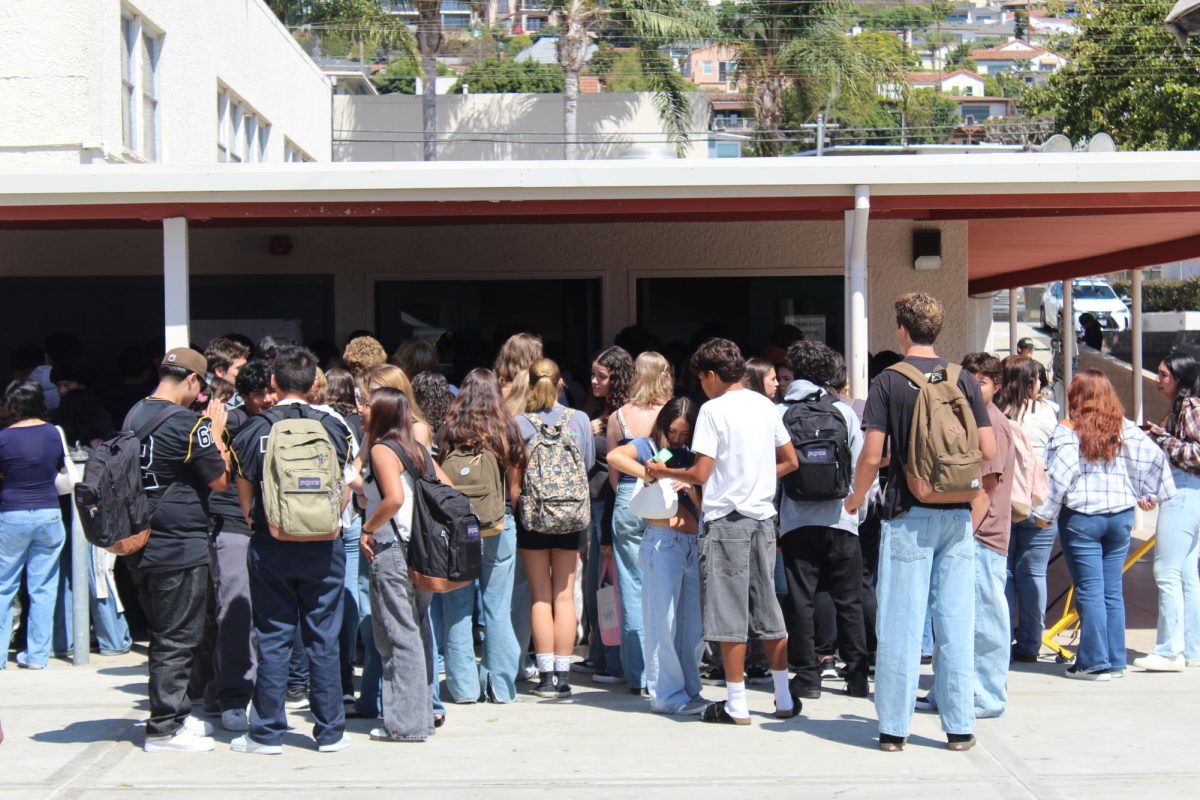I been planning on writing an article on my former math teacher Rigoberto Rivera’s teaching philosophy and the method to his madness for a couple of days before I had even sat down with him for an interview or even made an article folder, written out a line of questioning or pressed the first key on the keyboard. And Although I had not yet taken any steps to begin the very article you are reading, I had in my mind a vision of how I would approach writing such an article on the man whom was my teacher two years in a row.
The very day that I had planned to email Rivera to inquire about setting up a brief interview, I ran into him in the hall as I occasionally do, on the way to my next class. I Informed him that I planned to write an article on him, and asked him if he was free at any point during the day for an interview. He told me to come by his class at lunch.
As the next two periods ensued and ended, and the lunch bell rang summoning the students to eat, as a bell would Pavlov’s dog, I made my way to Rivera class after first stopping at the snack bar to get pizza that wasn’t there and then to the journalism room to write out a line of questioning.
As soon as I entered Rivera’s class, I found him sitting at his desk eating M&Ms off of a pile of soon to be graded papers in a balls-to-the wall, nonchalant sort of fashion that often accompanies his manner. After first getting settled, I proceed to ask him what his teaching philosophy is to which he replied, “My philosophy basically is: Anybody can learn, they just have to have the desire.”
I believe from my own experience that this hopeful outlook into the inherent potential of each individual student is sparsely found amongst the disinterested and apathetic ranks of many public school teachers, but remains effervescent in its brilliance and effectiveness within Rivera’s room.
To say the least, I am not fond of math, but more accurately, scorn with the utmost animosity very idea of having to undertake ANY math problem at all. Not only am I egregious in my general mathematical prowess, so to speak, but I also have found that in terms of my own scholastic satisfaction, that math feels circular in purpose. Of more influence in my hatred of mathematics is the fact that the undertaking of any mathematical contemplation for more than ten minutes literally causes my body to heat up and perspire, thus leading to a sense of inferno, pressure and purgatory within the confines of my skull.
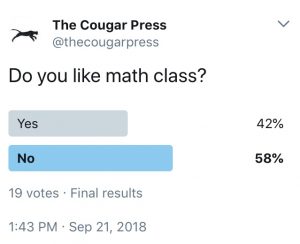
This being said and because of my own mathematical shortcomings and struggles, I am somewhat biased in favor of Rivera, as I am very fond of his subtle yet cutting humor and his keen ability to be able to read how individual students learn best and shape his lessons in a way that accommodates everyone’s individual learning process, as he did for me.
Now you may ask, how is his class any different? How is his teaching style of any help to someone as mathematically inept as yourself? To which I would answer: Instead of ‘teaching us’ in the conventional way, if you could ever even muster the audacity to call conventional textbook, teaching at all, Rivera would slowly build up a connection with the class and the individual and create stories and situations relevant to his students experiences while still using the necessary math modules and curriculum.
Rivera’s subtle humor and relatable situations that appear throughout his lessons are not merely the workings of a stand up comic in a teacher’s body, but strategically incorporated to increase the effectiveness of his teaching. When I asked him about his story telling in math and how he believes that kids learn best, he replied, “The way kids learn best is by connecting the material to something that they already know, like their brains have ‘hooks’ of stuff they already know and if a teacher can relate the material to that, it’s a much easier process for the brain to understand and process the information.”
In an effort to fully encompass Rivera’s teaching strategy, I also inquired about his sense of humor and if he is “just being funny” or is also using humor as a tool for teaching. To this question Rivera answered, “I do try to include a lot of humor in my lessons, because when you’re laughing you’re basically having a good time, and it releases these chemicals in your brain, endorphins, that make you feel good if your feeling good then your open to the material and learning, and for that reason I try to include humor as much as I can, like making fun of my ex-wife for example.”
By subconsciously causing his students to associate math with laughter and life, Rivera accomplishes his goal, of evoking in his students the “desire” to learn. In my mind and, as far as I can tell, other students’ minds, Rivera differs from the all too common image of teachers being stoick, indifferent, golem like figures, designed in labs by the government to not possess any emotion or empathy, but for the soul purpose of torturing kids with their pre-programed assembly line of work.
Rivera to me, appeared as a MAN, a HUMAN BEING, who not only cared for and still does care for each individual student’s success, but also believes that all people have the tools that they need to excel. Rivera is able to help students help themselves and even grasp math concepts completely by simply relating to them and opening them up to learning by appearing as a funny and flawed man. In fact, he would even prompt students to correct him when he was wrong in front of the whole class to show that even he as the teacher was not impervious to failure and that failure is a part of math, but more importantly a part of life and learning.
Rivera appeals to the likes of myself and many others whose minds and bodies not only loath the process of doing math but also have become apathetic and incredulous to the idea of ever learning such concepts from years of indifferent, pretentious and poorly premeditated lesson plans and teachers, by simply relating to his class as a whole and as individuals.
I believe Rivera is able to relate to his students so effectively because he is able to remember and articulate what it is like to be on the other side of the desk and after he has related to his students and opened them up to the idea that they can learn and excel the process of education becomes as smooth as a marble counter on a dewy morning. Rivera dose this by teaching through genuine conviction to the idea that anyone and everyone inherently has in them the tools they need to learn.
Rivera has bestowed to myself, and I can imagine many others, lessons of life and linear functions by simply observing classroom dynamics and using universal, yet individualistic humor and stories to actually engage his students, no matter how mathematically disinterested or disadvantaged they may be.
All in all I believe that Riviera is a good man and a damn good teacher who truly has the want and the means to instil, if not bring out, each individual’s ability to learn to excel and more importantly, to have hope.



